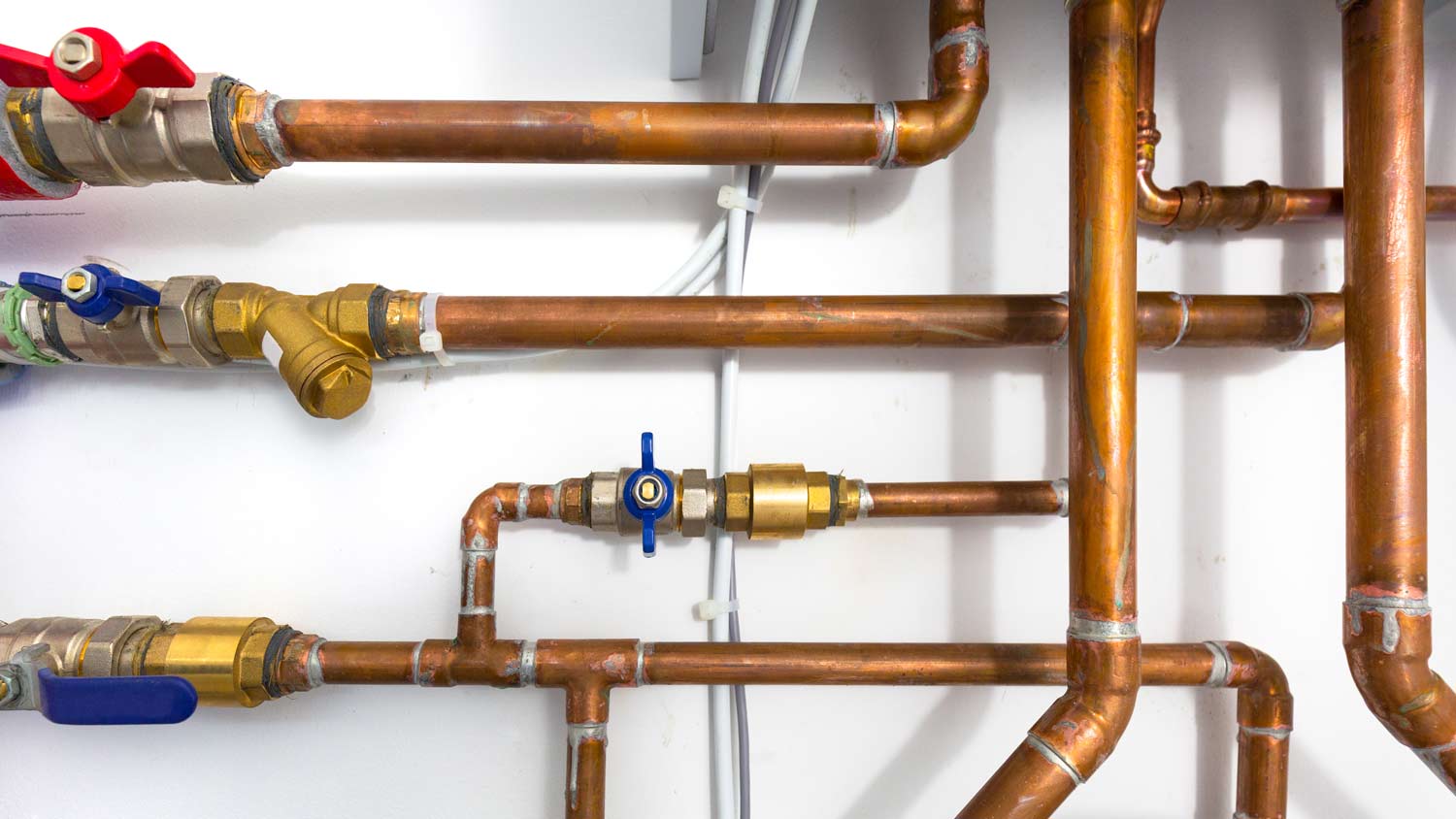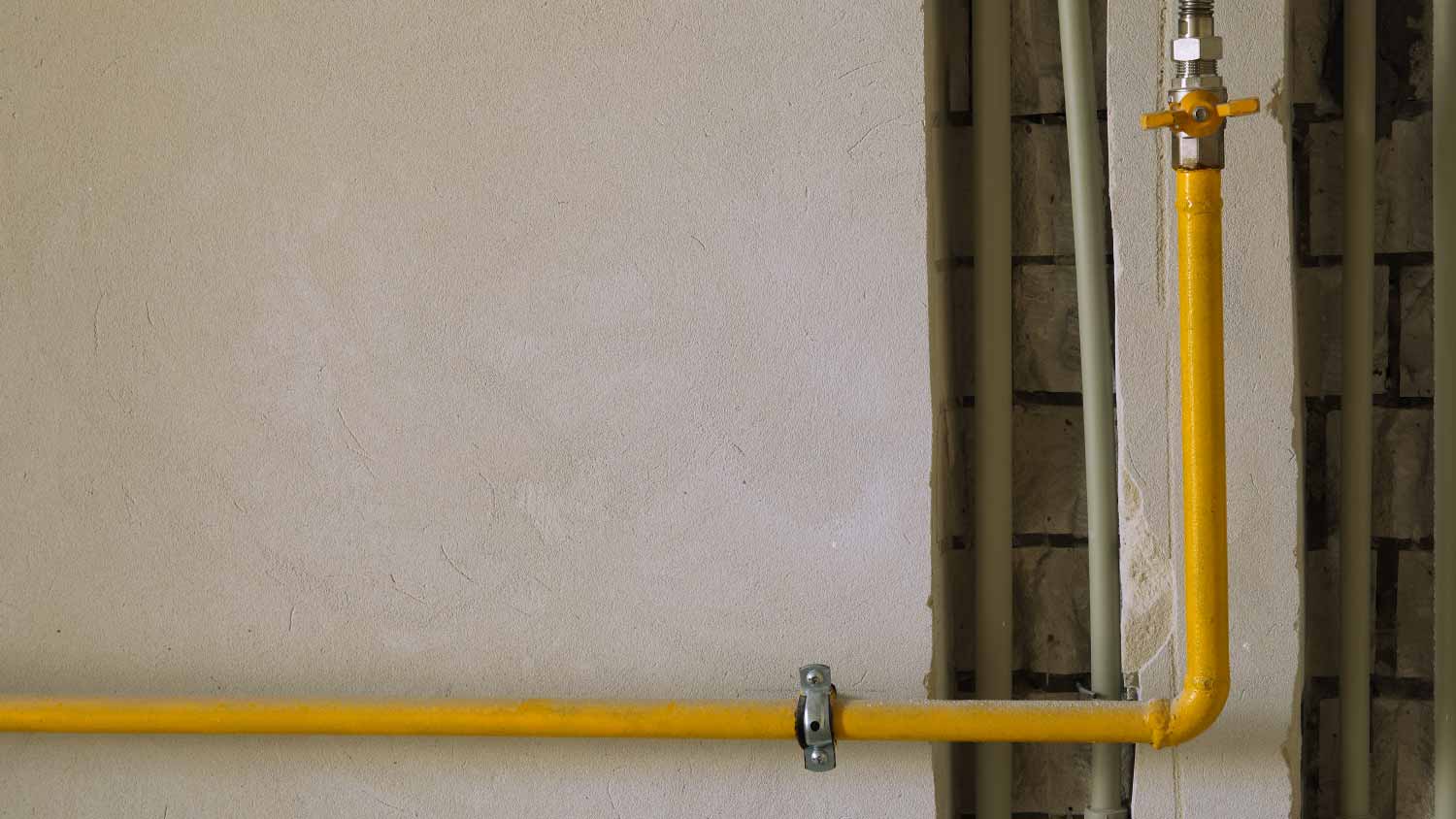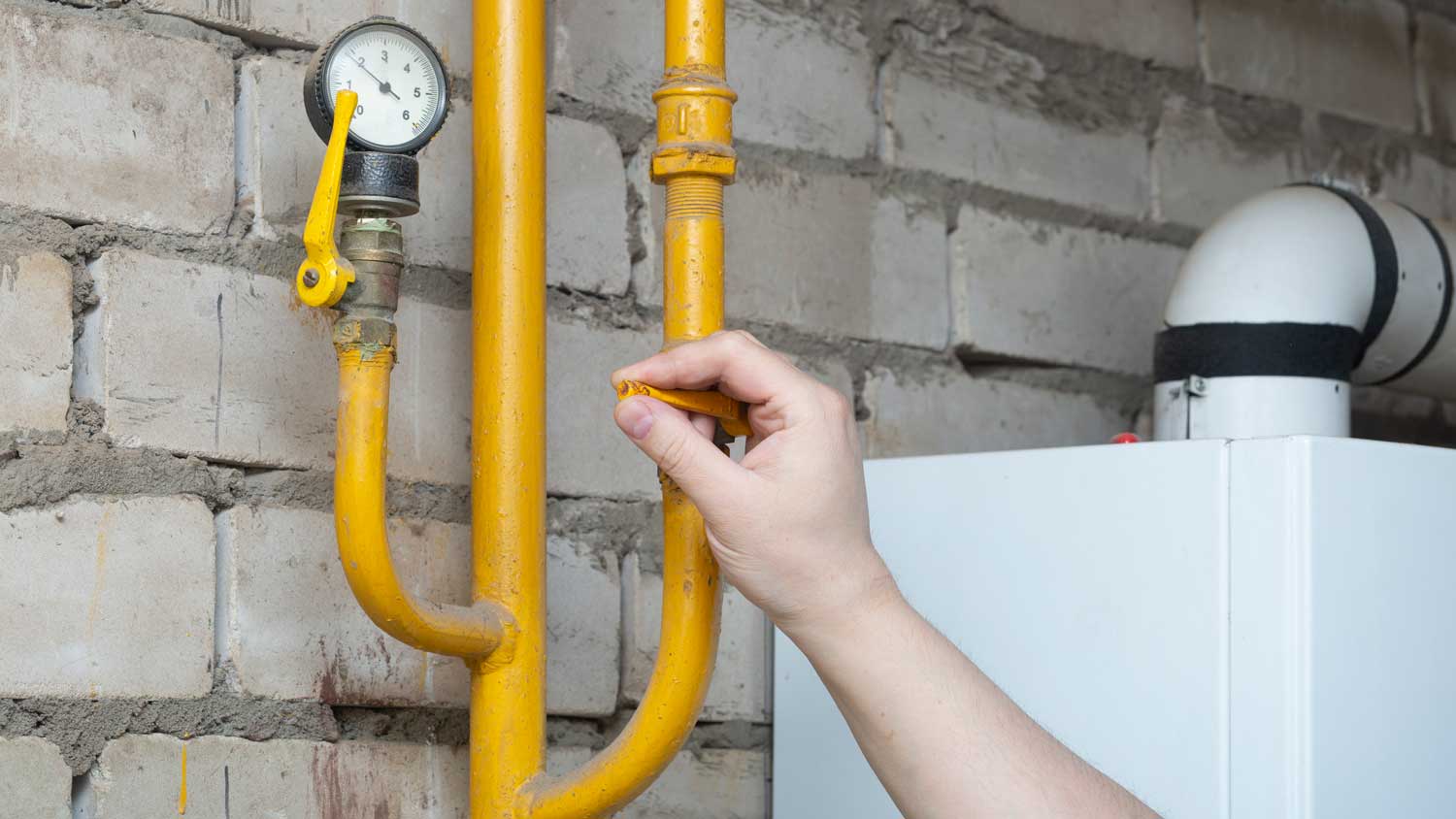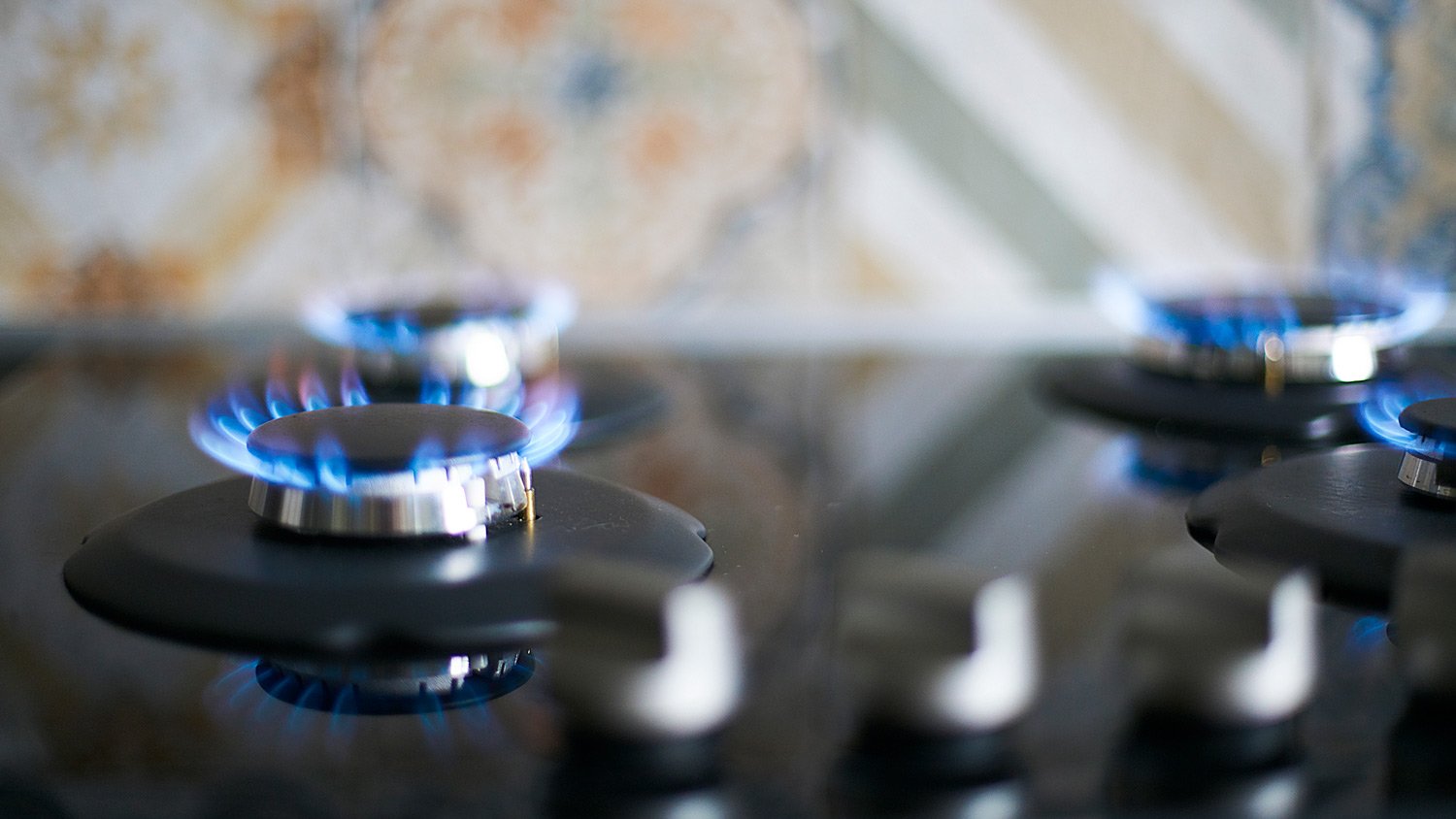Gas Fitter vs. Plumber: What’s the Difference?
No gaslighting here
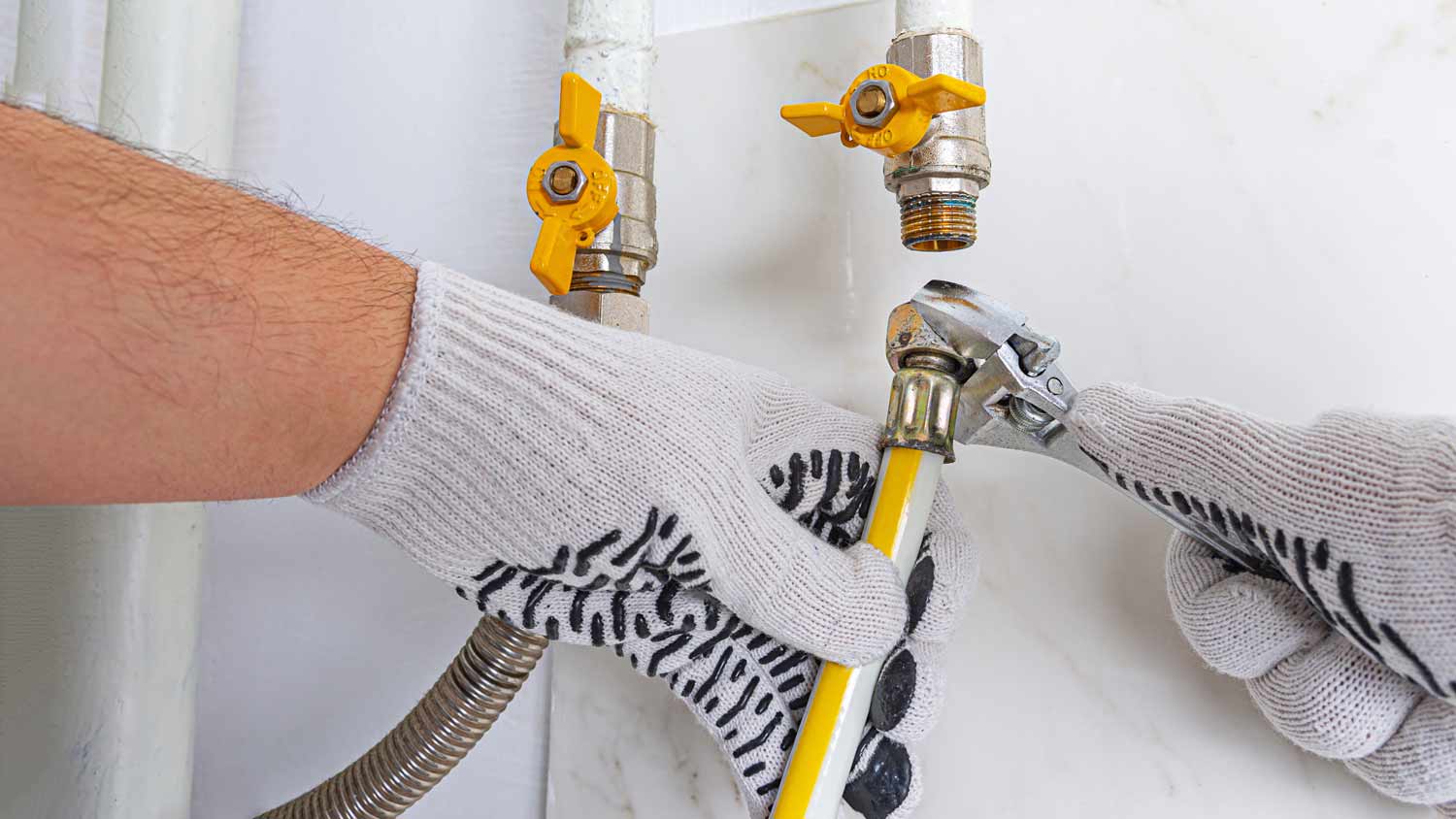

Gas fitters and plumbers can both run gas lines and perform necessary maintenance.
The term “gas fitter” is more commonly used in Australia, Canada, and the U.K.
In the U.S., the term plumber or gas line plumber is more common.
Gas fitters and plumbers are also qualified to work on gas-powered appliances.
Building a new home or renovating your current one often requires installing or moving natural gas lines. In some cases, you’ll also need to have natural gas lines repaired by a qualified professional. Whether you call a gas fitter versus a plumber depends partially on where you live. Read on to find out the difference between these pros and learn which one you should call.
What Does a Gas Fitter Do?
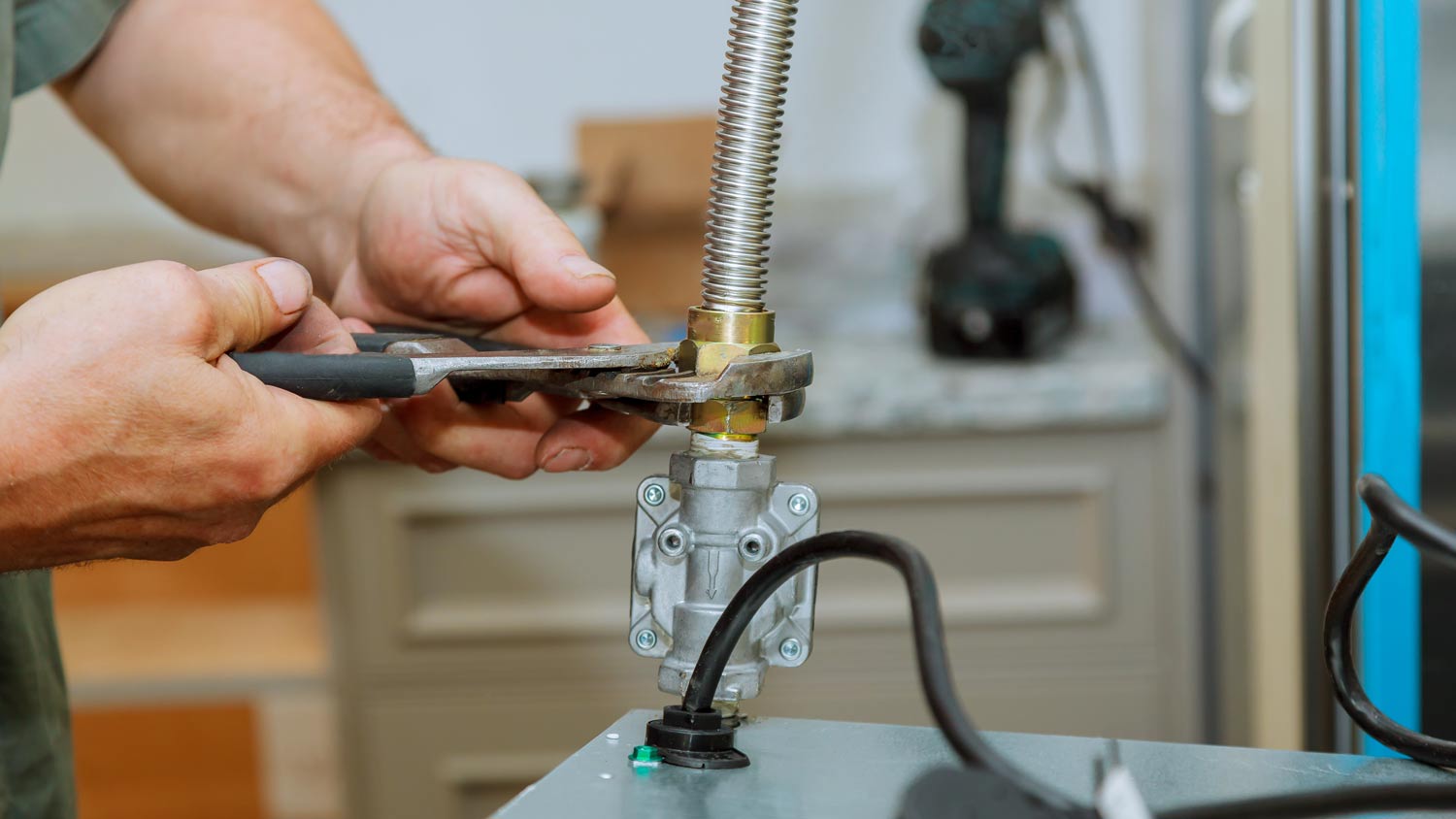
A gas fitter is qualified to work on natural gas lines. This can mean installing or repairing the gas lines themselves or the appliances that run on natural gas, such as a water heater or an oven.
The term “gas fitter” is more commonly used in the U.K., Australia, and Canada. In the U.S., plumbers, natural gas plumbers, and HVAC technicians are qualified to work on natural gas lines. In some cases, a gas fitter won’t be a plumber and will only be qualified to work on the gas lines and not on other plumbing systems.
What Does a Plumber Do?
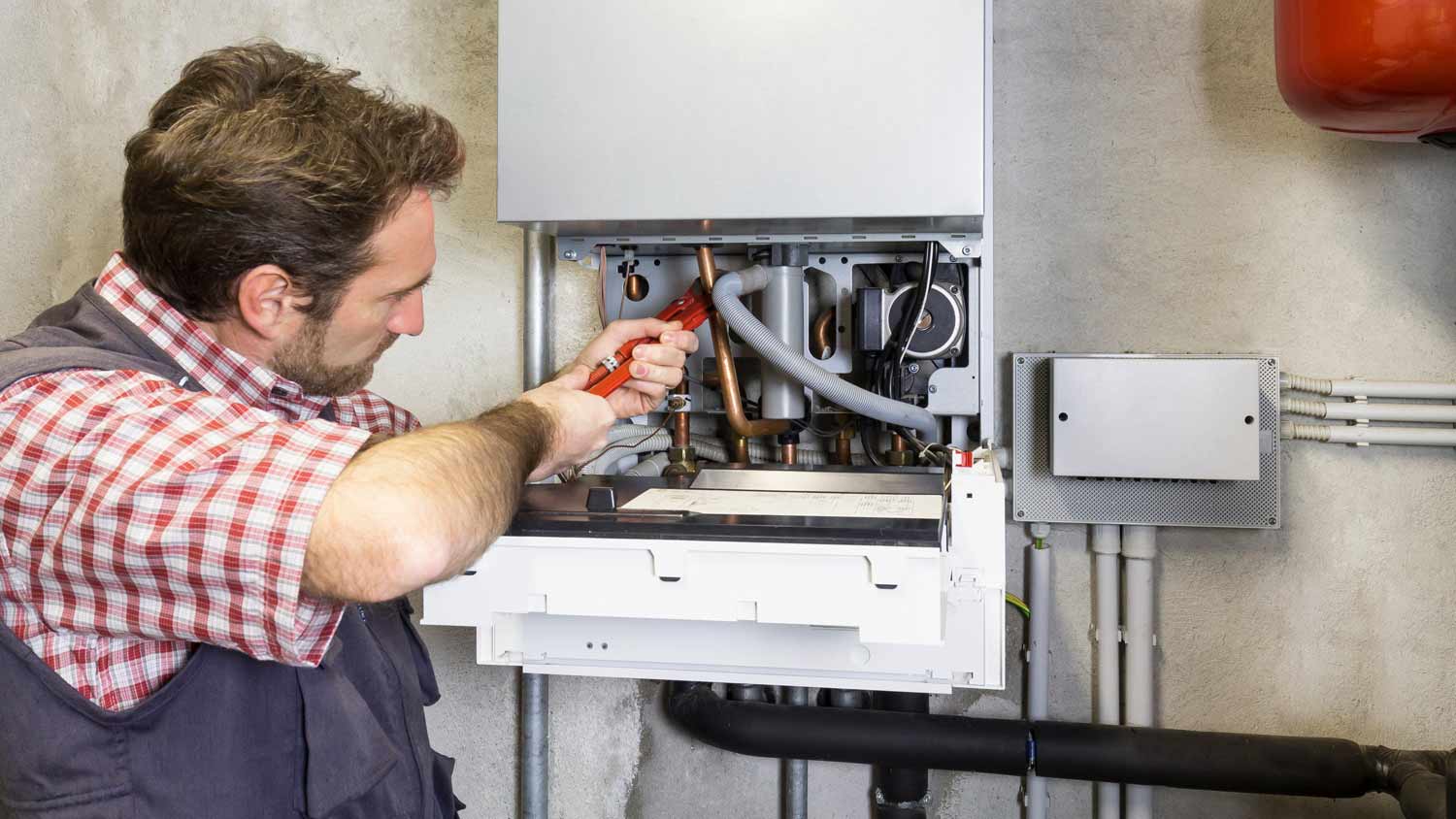
Plumbers are known for working on the plumbing system in your home, including water and sewage lines. They also fix leaks and install fixtures like toilets and faucets, but they can also install new gas lines and repair existing ones.
Most trained and licensed plumbers are qualified to work on natural gas lines and gas-powered home appliances, such as hooking up gas dryers, water heaters, fireplaces, and HVAC systems. Before hiring a plumber to work on or install your gas lines, ask if they have the proper licensing and experience.
A professional should always do gas hookups because of the serious dangers and risks involved. Signs you might need gas plumbing repairs are rust, damaged connections, or a gas smell. If you smell gas, turn off your appliance immediately and call a professional to inspect it.
Should I Hire a Gas Fitter or a Plumber?
In the U.S., the more frequently used term for someone who handles gas line installation and maintenance is a plumber. HVAC technicians are also licensed to work with gas lines. So, if you’re in the U.S. and need to call someone to work on your gas lines or repair gas-powered appliances, you would call a local natural gas plumber or HVAC pro in your area. When you do hire someone, make sure to ask if they are licensed to work on natural gas lines.
Frequently Asked Questions
Running a natural gas line costs between $260 and $820, with an average cost of $540. Gas line repairs cost between $15 and $25 per linear foot, and the cost depends on the type of fittings and connectors, the piping needed, and the mounting hardware. The pipe’s location also matters as it will take more time and labor to access underground pipes than aboveground pipes.
Renovation projects that require moving a gas-powered appliance may also require moving the gas line that supplies it. The cost to move a gas line falls between $375 and $750 and will depend on how far the line needs to be moved, the cost of the permits, and how much excavation is needed, along with other factors.
In some cases, the answer is yes. Being licensed to work on gas lines requires additional specialized training beyond being a licensed plumber. If the plumber is also licensed as a natural gas plumber, they will be able work on natural gas lines. If the plumber is only licensed to work on water and sewer lines, then you’ll have to find another professional to do gas line work.


